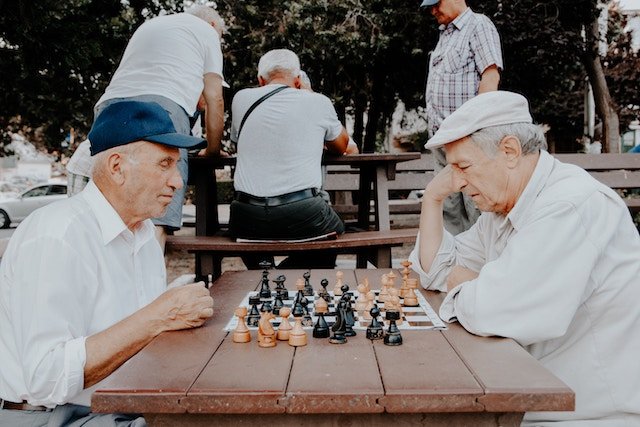
In a new study, researchers found that people with Alzheimer’s disease prefer taking part in familiar activities that are emotionally meaningful over strictly task-oriented activities.
The research was conducted by a team at the University of Alberta.
The perspective of people with Alzheimer’s disease has in the past been largely excluded from research because there was a misconception that they are unlikely or unable to provide accurate or reliable data.
In the study, people with Alzheimer’s disease were directly asked what they preferred to do.
Three healthy control groups also participated—young adults, young-old adults (aged 60-75) and old-old adults (75+).
Study participants were given a card sort task, where they had to rate their preference for typical activities that might be offered to individuals with Alzheimer’s disease in a residential care facility, such as gardening, taking a cooking class or watching a favorite movie.
The researchers found the participants with Alzheimer’s disease were largely similar to healthy older adults in that they value emotional gratification.
These people want to be around people who make them feel good, that they have connections with, and they want to continue to participate in activities that they did prior to their diagnosis—things that are familiar to them, are comfortable and that are within the scope of their abilities.
The team grounded their research in socioemotional selectivity theory, which posits that our understanding of how much time we have left in our lifetime will influence the decisions we make in everyday life.
For example, young people will choose educational, even risky, activities because they sense they have lots of time left in life, whereas older people will choose familiar, emotionally gratifying activities because they have a sense that time is running out.
The team says people with Alzheimer’s disease are not much different from their healthy peers, and their perception of what is a meaningful activity is actually a continuation of what scientists would see in normal aging.
The lead author of the study is Linzy Bohn.
The study is published in Aging and Mental Health.
Copyright © 2019 Knowridge Science Report. All rights reserved.



